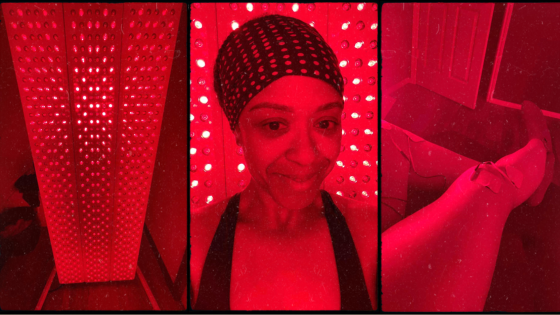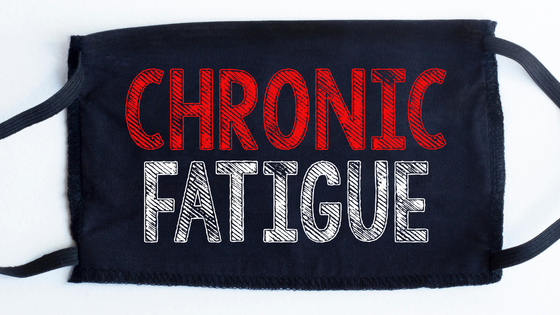Not sure exactly how to know if you might be going through the menopause? You may start to notice changes in your health and well-being as you enter your forties and fifties but these aren’t always recognized as being linked to menopause. Changing levels of estrogen, testosterone and other hormones can encourage a range of symptoms. Some of these are classic menopause symptoms but others can be more surprising. If you have any of these symptoms and you’re in the ballpark age for menopause, think about speaking to your doctor about treatment options.
What is Menopause?
In a nutshell, “menopause” means that your periods are no longer happening and you have gone at least a year without having one.
In the years leading up to this, many women experience “perimenopause”. During this time, your levels of two key hormones, estrogen and progesterone, begin to change. This stems from your ovaries’ supply of eggs, which start to decline and have a knock-on effect for common menopause symptoms.
Not having periods for as long as 60 days is quite common in perimenopause, especially as you move towards full menopause. Click To TweetCommon Menopause Symptoms
Lack of periods
Not having a period for over a year is a sure sign that you’ve entered menopause. It’s often not as simple as that though as many women find that their menstrual cycle changes subtly in the years before it stops completely. For some women, menstruation does just stop completely but it’s generally more common to have some changes first.
Hot flashes and night sweats
Random feelings of heat that suddenly come out of nowhere are one of the classic signs of menopause, although they don’t happen to every woman. It’s common for them to last for a couple of years but they can go on for longer than this. A lot of women experience night sweats too, which can be super disruptive for sleep. It’s thought that fluctuating hormone levels affect your body’s ability to regulate temperature, which fools it into thinking that it needs to cool down.
Low mood
A sudden and chronic dip in your mood can be another sign of menopause. Hormone changes are thought to affect levels of neurotransmitters such as serotonin, which negatively affects your mood. If you’ve previously suffered from depression, there’s a good chance that you’ll also experience it during perimenopause and menopause and it can also affect women who have not experienced mental health issues prior to this stage of their life.
Vaginal and bladder issues
Hormone changes can lead to vaginal dryness, often due to the vaginal walls becoming thinner. This can make you more likely to get vaginal infections (including thrush) and can make intercourse uncomfortable or painful. You can also find that your vagina and urethra are more sensitive and prone to discomfort, even if you’re not having sex. Low libido is also pretty common during menopause.
Some women also experience urinary incontinence and bladder leakage during menopause. You may suddenly get the urge to go to the bathroom and struggle to get there in time and you may also leak urine when you cough, laugh or sneeze. This can be super distressing and very inconvenient. You can also be more prone to urinary tract infections around menopause.
If you are looking for more tips and support, join me over on my group page, The Village – A Natural HEALing Community, to get tons of information and tips to help you take your HEALTHY EATING and ACTIVE LIVING to the next level.





+leave a comment . . .